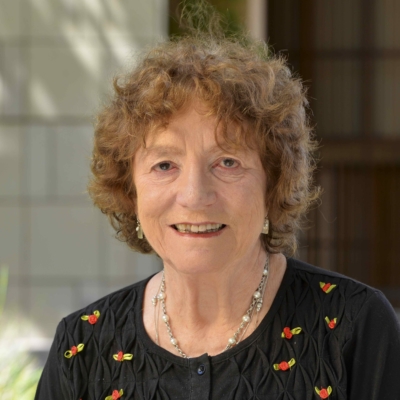Barbara Babcock, Stanford Law School
Summary
The Recorder’s Amy Miller spoke with Barbara Babcock, Judge John Crown Professor of Law Emerita, about her role in the women’s movement as part of the “Women Leaders in Law” series.
When Barbara Babcock became assistant attorney general for the U.S. Justice Department’s Civil Division during the Carter administration, reporters all had the same question. How did it feel to get the job because she was a woman?
She gave them the same answer: “It feels a lot better than not getting it because I am a woman.”
By that time Babcock had found her voice as an advocate for women’s rights. And even though much has changed for women since then, it’s a cause she still champions today as a scholar and historian.
…
When Barbara Babcock became assistant attorney general for the U.S. Justice Department’s Civil Division during the Carter administration, reporters all had the same question. How did it feel to get the job because she was a woman?
She gave them the same answer: “It feels a lot better than not getting it because I am a woman.”
…
Babcock remembers one student, “a real activist, asking me, ‘How can you stand working with all these white men?’ with scorn dripping from her lips. I was just used to it. I had never known anything else.”
Teaching the classes was an awakening, Babcock said. She became part of the women’s movement — and a valuable commodity for law schools desperate to hire female professors.
…
“It was like there was a fear that I would insist on or bring in a lot of other women before the school was ready,” Babcock said. “But Stanford was no worse than any other law school.”
…
“On the whole, it’s been a positive thing for me to be a woman,” Babcock said. “With Clara Foltz, it was never really a positive thing. It was a constant struggle.”
…
“We’ve got to unite to change that,” Babcock said. “That’s the next wave.”
Read More
